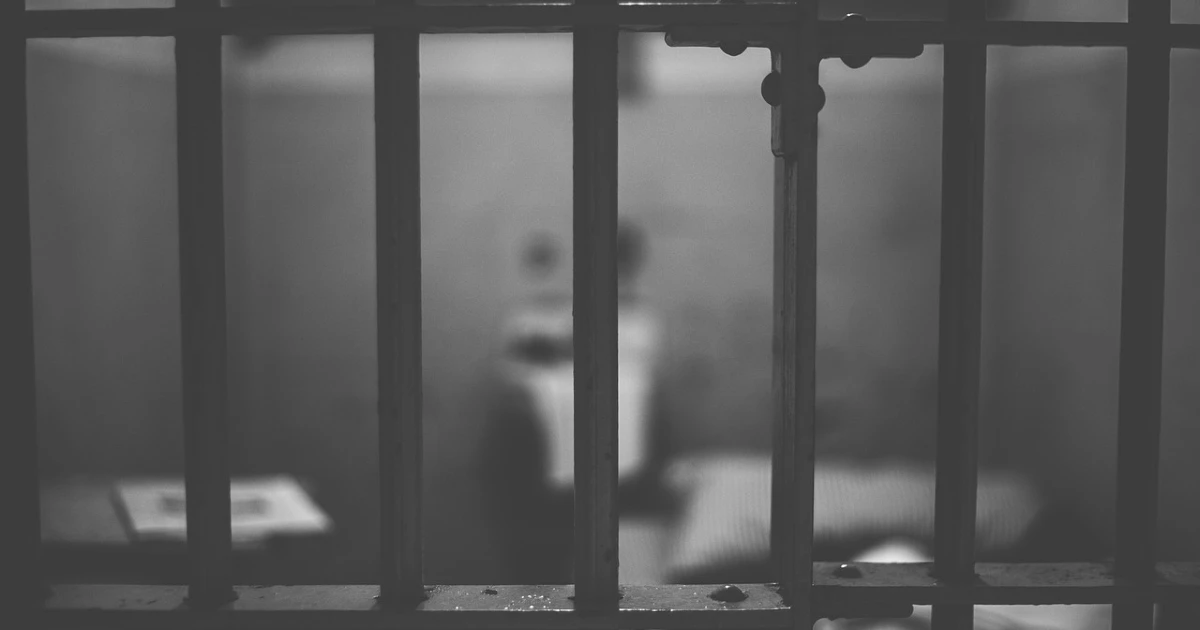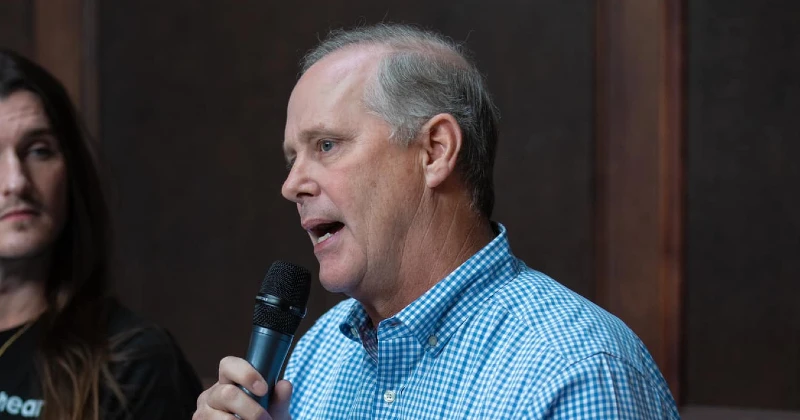On Tuesday, state Sen. Jason Brodeur, R-Sanford, today filed a bill to expand and clarify existing laws related to sibling and transition placements for children in out-of-home care.
The bill works to recognize and balance relationships young children develop with out-of-home caregivers and siblings with those of the child’s biological family members, in order to reduce trauma-related to abrupt or frequent placement changes that remove children from safe, successful placements. The bill also requires that a quick reference FACE sheet be created for each child to summarize the status of the child’s case and goals moving forward.
The bill has the support of the leadership of the chamber.
“We know that the earlier in life we can give a child a permanent living situation, the better off that child will be in the long run. In my view, we would certainly have more families willing to foster and adopt children if they didn’t have to worry about caring for a child for years, only to have the child removed from their home and sent to live with a distant relative or sibling the child has never met,” said state Senate President Wilton Simpson, R-Trilby.
“Our goal is to reduce the trauma children face when they are moved from one out-of-home placement to another. While reuniting children with members of their biological family is always a priority, our laws need to provide more clarity in recognizing that isn’t the best option for every child, or for every sibling group,” said Brodeur, who is himself adopted.
“Sibling relationships are very important, and separation from a sibling can be a very traumatic experience. The problem is that right now Florida focuses on reuniting children with biological siblings to the exclusion of other equally important relationships the child has developed,” Simpson said.
“We need a more thoughtful approach to placements, specifically with very young children, that recognize the depth of the relationship – or lack thereof – between biological relatives and siblings. Relationships between caregivers and non-biological siblings a young child has bonded within foster care can be just as, or even more important than trying to create a relationship with biological siblings or other relatives the child has never met,” continued Simpson.
“All too often, we hear horrific stories about children who fall through the cracks of Florida’s child welfare system. Creating a frequently updated FACE sheet that consolidates relevant information about the child will help ensure that any person reviewing a case file is able to easily determine what the child has been through up to that point and what needs to be done moving forward to help the child find a safe, permanent living situation as quickly as possible,” said Brodeur.
FACE Sheets
The bill requires the Department of Children and Families (DCF) and Community-Based Care entities (CBCs) to develop a “FACE sheet,” for each in Florida’s child welfare system. The sheet must include specific data points related to the child’s case, for the DCF and the CBCs to keep in the dependency case file, including details on each transition the child has experienced since the initial placement. The FACE sheet must be updated at least once a month.
Currently, Florida’s Department of Juvenile Justice (DJJ) uses a “FACE sheet” for each child in the delinquency system for quick reference on demographic information, placement history, charges and arrest history, court orders, etc. Other states, including Iowa and Virginia, have implemented FACE sheets for child welfare cases.
Sibling Placement
Florida law currently acknowledges the importance of maintaining and strengthening sibling bonds as a key component to child well-being and a successful permanent placement for a child. Specifically, Section 39.522, F.S., currently establishes criteria for the court to consider when determining whether a change of custody is appropriate, including that the court must consider the sibling relationship regardless of the depth of the bond between the siblings.
The legislation creates consistency by specifying how the DCF and the CBCs must handle placement and transition of sibling groups at all points of the dependency process. Specifically, the bill outlines factors to consider when determining placement for child under three years of age who is part of a sibling group. The bill requires the court to balance the benefit of the bonds of the child with the caregiver or the sibling, as opposed to prioritizing the relationship between siblings over other relationships. The legislation also provides specified provisions for maintaining contact when siblings are separated.
Transition Placement
Transition planning is critical for children whether they are being moved to another temporary setting or to potentially permanent families. Florida law does not currently provide a centralized section of law detailing procedures for how a child is to be transitioned between placements throughout the dependency process.
The legislation provides additional factors for the court to consider when determining changes of custody. The bill creates a rebuttable presumption that more equally balances the express wishes of a biological parent, relative, or caregiver of a sibling with other important factors. Specifically, the bill clarifies that the best interest of the child is to continue the current placement when reunification is not a permanent option, the child has resided in the same placement for a specified time frame, or if the custodian in the current placement is eligible for consideration as an adoptive parent or permanent custodian.













